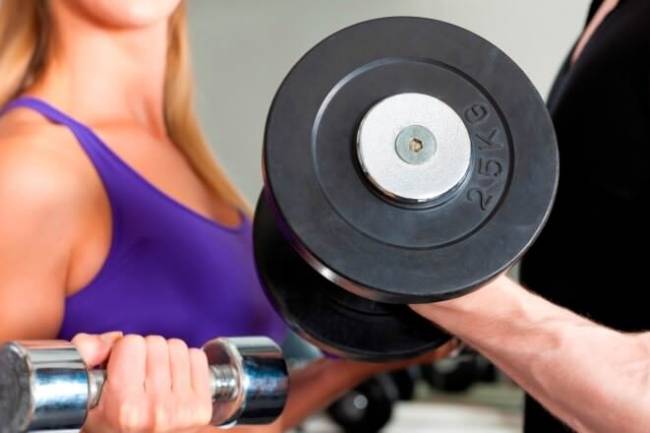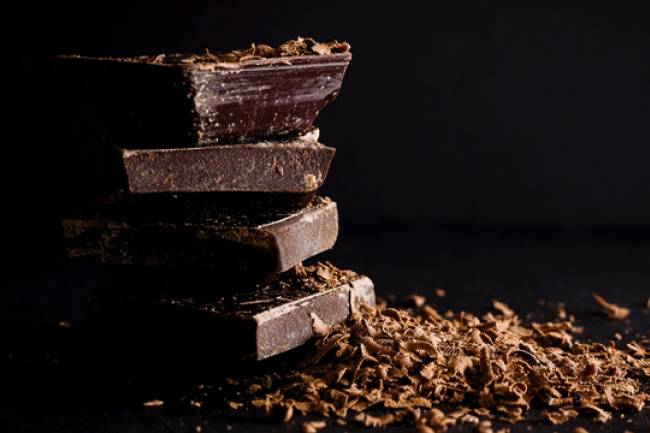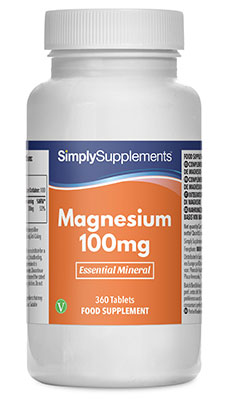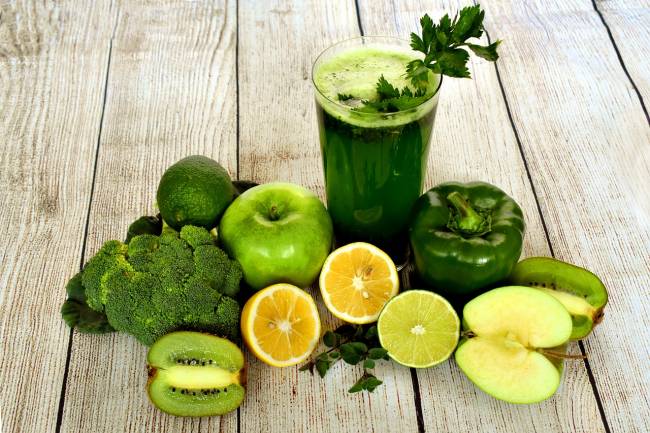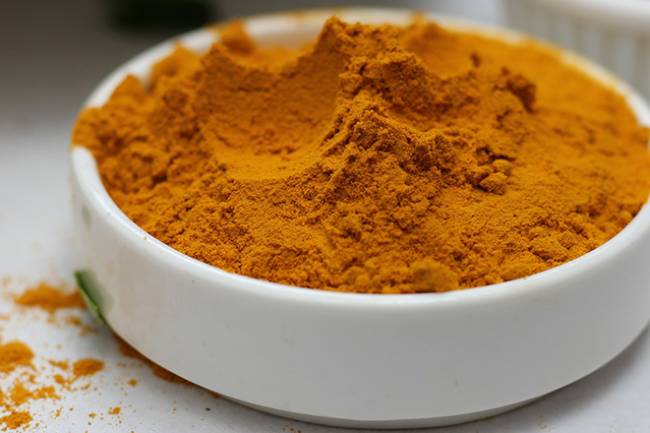Top Supplements for Fasting
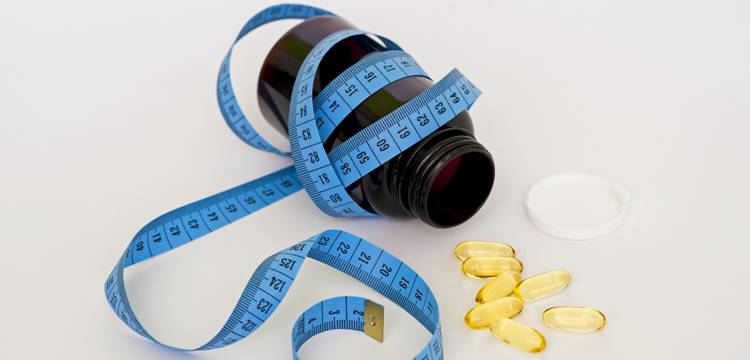
The fasting diet comes in many different forms, but the core tenant stays the same: purposefully denying yourself food in order to let your body burn its fat stores. It’s been getting more and more traction recently, but many still have concerns with the diet. One such question is which nutrients may need supplementing, now that the body isn’t getting a reliable schedule of food.
Keeping a balanced diet while eliminating meals altogether can be difficult, but we can help; there are some supplements that replace important nutrients lost during an intermittent fasting diet. Keeping the levels of these high can make fasting more tolerable – crucial for sticking to any diet, let alone one that involves actively denying yourself meals. Before we delve into the supplements themselves, though, we must delve into what exactly an intermittent fasting diet involves.
What is a Fasting Diet?
This type of diet seems simple at face value: a fasting diet involves avoiding food for a certain period of time. The idea is to replicate ancient human eating habits, where food was harder to come by and sometimes meant hours or days of starvation. This kept them at a healthy weight. Naturally, this was done out of necessity instead of choice, but adapting these conditions to modern diets have led to some positive results.
This might seem like a ‘brute force’ way of equalizing the calories entering the body with calories being burnt, but this type of diet also works in another way to reduce body fat. Insulin, a widely-known hormone for its effects on regulating blood sugar levels, plays a role in creating fat as a way to store energy. When we eat too many carbohydrates or sugar, they’re broken down into glucose, then insulin levels increase in the body and the process of converting it into fat begins.
A fasting diet keeps insulin levels lower, as the body is in a state of burning fat when during fasting periods. With more fat-burning periods compared to a normal diet, average insulin levels are lower, meaning less fat is being created overall in the body. This is all while not having any restrictions on what you can eat, beyond avoiding gorging (though some variations recommend a low carbohydrate intake).
Fasting diets are often categorised into different schedules of when you can eat normally. A popular one is the 5:2 fast, where you eat as normal for five days and eat a low-calorie diet for two days, usually non-consecutively. This version recommends between 500-600 calories for these days – roughly a quarter of the normal daily intake, which is about one light breakfast and a second meal.
Other types include those based on fasting for certain hours of a day (e.g. 16:8 – eating normally for eight hours, fasting for sixteen), fully fasting for 24-36 hours and, lastly, extended fasts for multiple days. As fasts are a more taxing diet on the body, they’re not suitable for certain sections of the population: if you’re pregnant, under the age of 18, have a history of eating disorders, suffer from diabetes or are underweight do not attempt any kind of fasting diet.
Now we know what a fast entails, we can look at which supplements might best support the body during these diets…
Types of Vitamin
With the disruption to ‘normal’ eating habits that fasting brings, we have to look at how certain supplements are absorbed into the body. This goes beyond simply the tablets or capsules that require to be taken with food.
Many supplements are soluble two different ways. Fat soluble supplements are those that are stored within the fat cells in your body. These are usually taken with food, so taking them during fasting periods means that your body is absorbing much less of the nutrients than normal. What this also means is that during shorter fasts (less than 36 hours), any fat cells that already contain the supplement are being burnt for energy, with the stored supplement being absorbed into the body as it happens. This means that taking them with food during non-fasting periods means they can still be continuously used by the body.
There’s also water soluble supplements, which exit the body through urination naturally throughout the day. These don’t need to be taken with food for maximum benefit. Unlike fat soluble supplements, they are stored for a shorter time in the body, so need to be consumed daily to keep levels high and healthy. With a focus on hydration on many fasting diets, it makes constant supplementation more important yet.
There’s one major set of nutrients that quickly deplete when first beginning a fasting diet:
Electrolytes
These minerals are important to the weight-loss core of the fasting diet, meaning they should be the first that you should consider supplementing. Electrolytes are part of a process called ketogenesis, where the fat cells in the body are broken down into chemicals called ketone bodies. The body uses these as an alternative source of energy when there are no calories readily available.
Another reason for an increased deficit in electrolytes is that they can be found in water. Those new to fasting diets may be caught off-guard by dehydration, as roughly 30% of the water we consume comes from our food – less food means less water and, concurrently, fewer electrolytes.
The most important electrolytes in the body are sodium and potassium. These can be easily supplemented into your diet (an extra pinch of salt in meals can even assist with sodium intake) with either tablets or sports drinks, which are fortified with electrolytes to boost athletes’ hydration.
Stay conscious of your body for signs of fatigue, headaches, light headedness and low energy levels: these are all telltale signs of low electrolytes. As they are water soluble supplements, a regular flow of them will be needed to keep levels healthy.
Magnesium
Magnesium is one of the most utilized minerals in the body, and can quickly run low during a fast if you’re not careful. There’s magnesium being used in your nervous system, brain, muscles, heart and, of course, during the creation of energy in cells. Its myriad uses, combined with how common deficiencies are even amongst the general population, means that it’s important to be aware of your magnesium intake. Another factor is that one major (and convenient) source is wholegrain carbohydrates, like bread and pasta; many fasting plans are paired with low-carb diets.
Keep magnesium levels high in your body with supplementation; being fat soluble makes this suitable for shorter fasts, with the flexibility of taking from one to three tablets a day – ideal for days with less main meals. There’s some telltale symptoms for deficiencies: tingling and twitching of muscles, small heart palpitations and difficulty concentrating commonly known as “brain fog”.
Multivitamin
Of course, eating less food means gaining less vitamins. Getting our daily requirement can be difficult even on normal diets, so multivitamins present themselves as an excellent supplement to take during fasts. Most will contain vitamins A to E, with several of the many types of B vitamins – these by themselves are important, as they aid in nutrient absorption.
One thing to be careful of are types of sugar in multivitamin tablets. Even a small amount can be enough to stop ketogenesis in the body and, therefore, pause weight loss. Check the ingredients list for dextrose or maltodextrin, and make yourself aware of anything that aren’t the vitamins themselves.
Another thing to note is that many have experienced nausea or discomfort when taking multivitamins on an empty stomach. We recommend taking them with food where possible to circumvent this; even a small amount can help blunt the side effects. The alternative to taking multivitamins is to try to eat as nutritiously as possible on your regular days, but this may not be possible due to hectic lifestyles or when attempting longer fasts.
Probiotics
With a lot of focus being getting the most nutrients out of little food, probiotics can be a big help in this. A single tablet can have more than one billion ‘good’ bacteria that live in the gut. This causes a positive balance between the good and bad bacteria to be reached, which has a knock-on effect to your health: increased absorption of food, helping against certain digestive problems and even enhancing the immune system.
This makes probiotics a go-to supplement for those fasting, as keeping these bacteria healthy will pay dividends. It also makes sense to start taking them before beginning the diet, to create the best possible environment in your digestive tract. What’s interesting is that these bacteria actually react positively to certain fasting conditions. A recent review from the University of California has observed that intermitted fasting during evening hours (what’s referred to as an 8:16 fast) can “influence metabolic regulation via effects on… the gut microbiome”. This makes probiotics almost a perfect supplement for evening fasts.
Remember to take them with food or after drinking a glass of water. Either of these ensure that the highest amount of bacteria survive the harsh, acidic conditions of the stomach. You could also twin this supplementation with a prebiotic like psyllium husk – a nutrient that encourages and supports the bacteria in the stomach, much like fertilizer supports plant growth.
Conclusion
With fasts of all kinds, it’s important that they’re conducted safely and responsibly, to avoid doing serious damage to yourself. It can be easy to lose track of your body’s needs, especially when you’re focused on losing weight and are eagerly counting the pounds.
Supplementing while fasting can give you the reassurance that you’re still giving yourself the nutrients required while lowering your calories. Without having to drastically change what kind of foods you eat during a diet also makes it much easier to extrapolate what you might need to supplement, too. For example, if you already know you don’t eat many sources of magnesium, you can supplement it before issues arise.
No matter what you supplement with, the body always needs plenty of water, so stay hydrated whether it’s a fast day or not. If you’re unsure about whether you should be taking any of these supplements or going on a fast, consult your doctor to check your current medication or health could support doing so.
Sources:
https://www.dietdoctor.com/intermittent-fasting
https://medlineplus.gov/ency/article/002423.htm
https://www.annualreviews.org/doi/pdf/10.1146/annurev-nutr-071816-064634

 Richard
Richard 